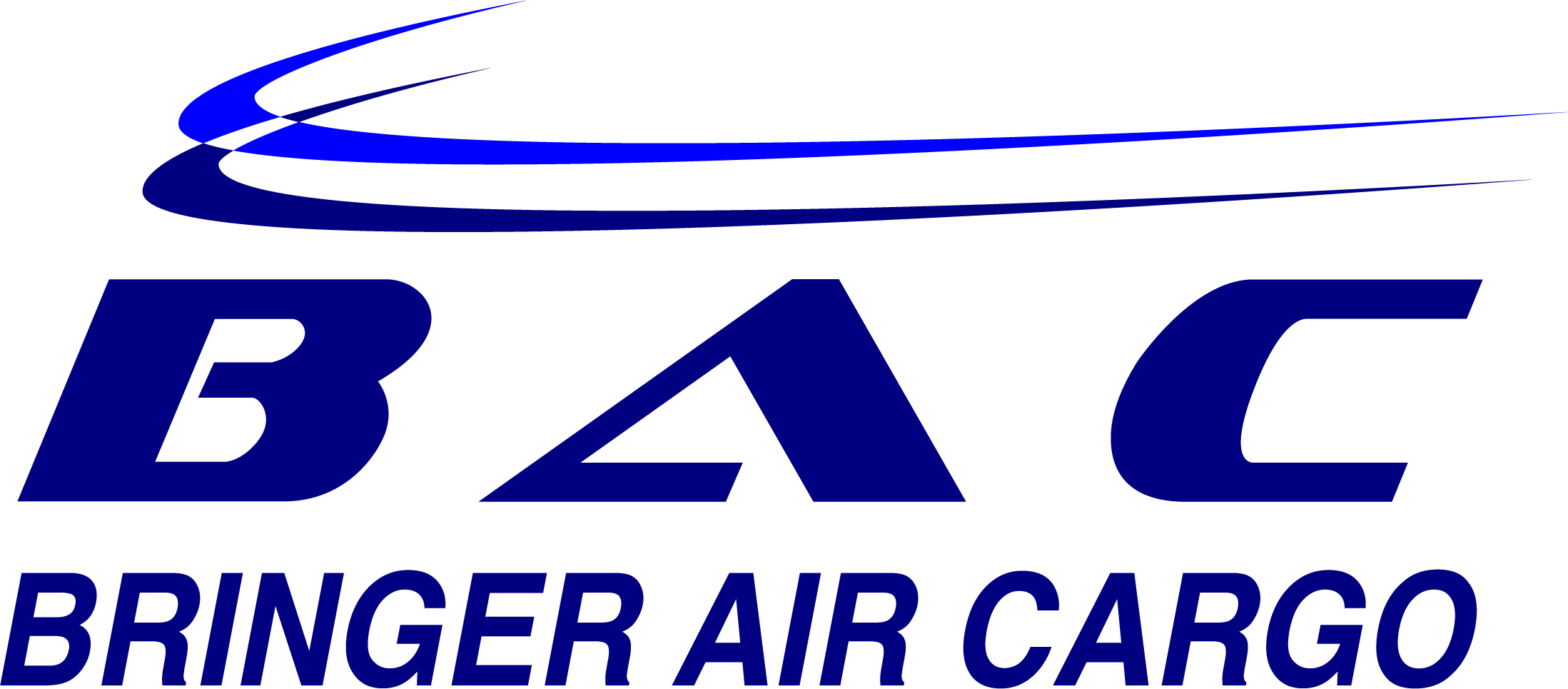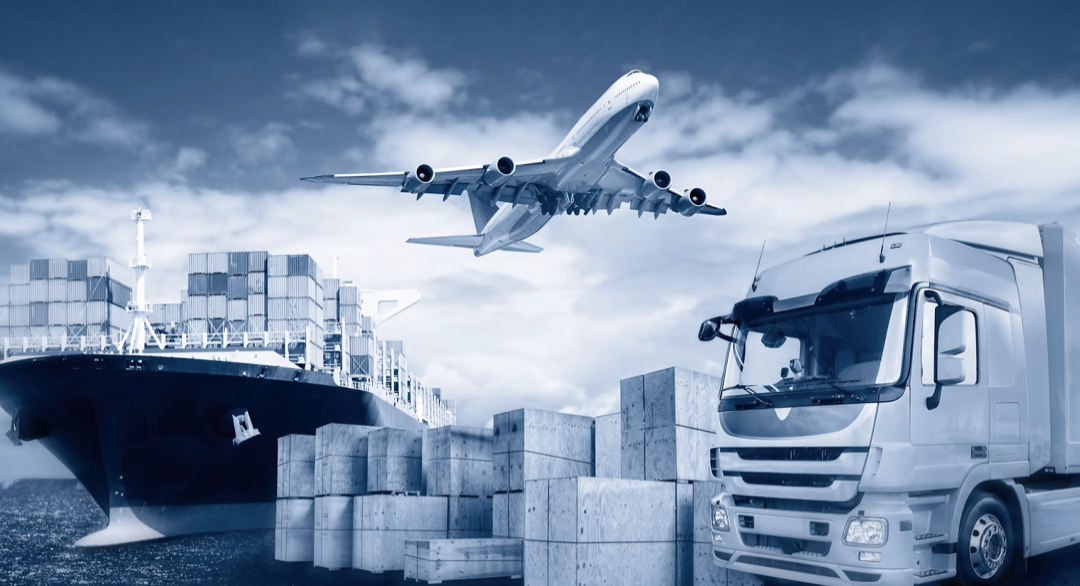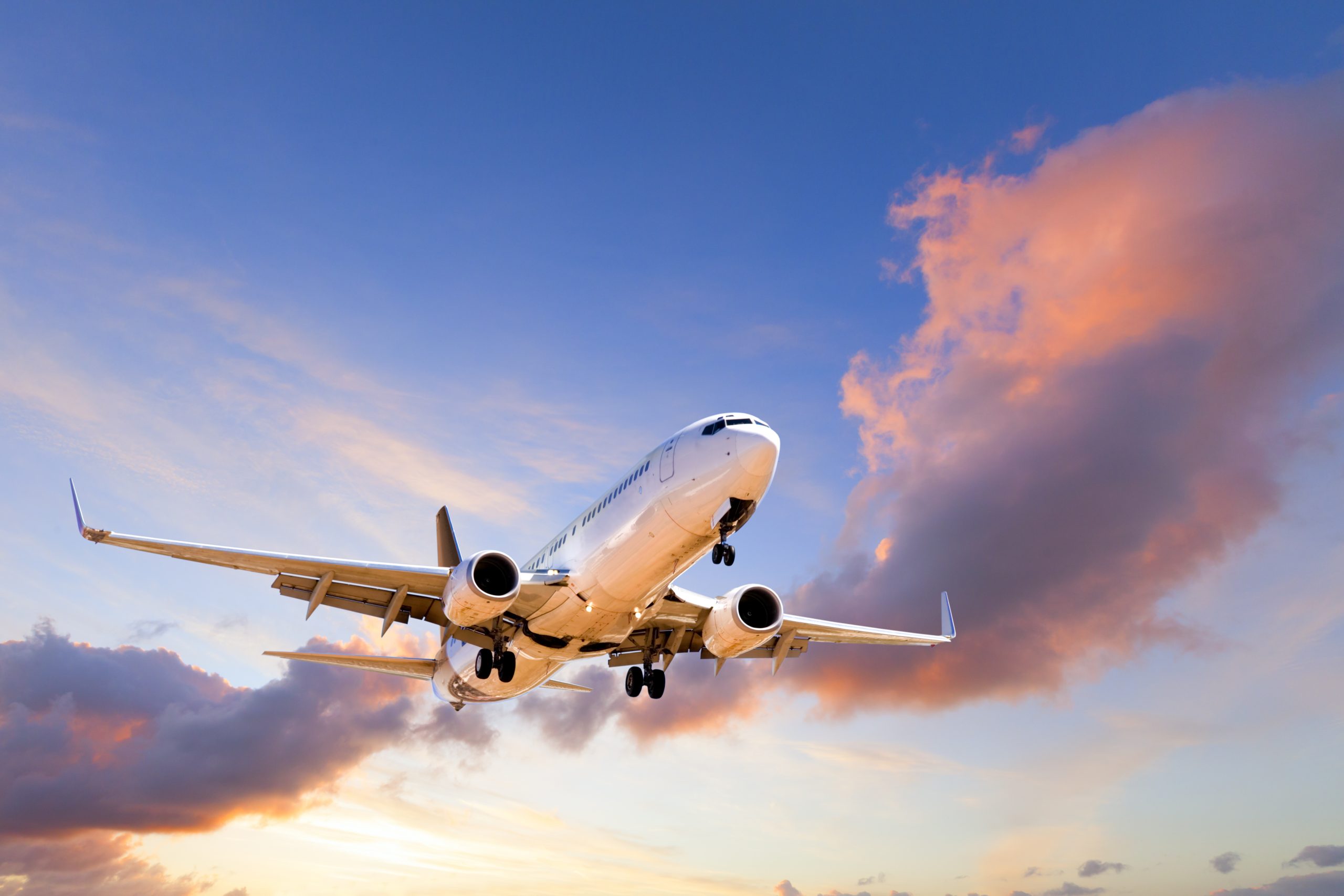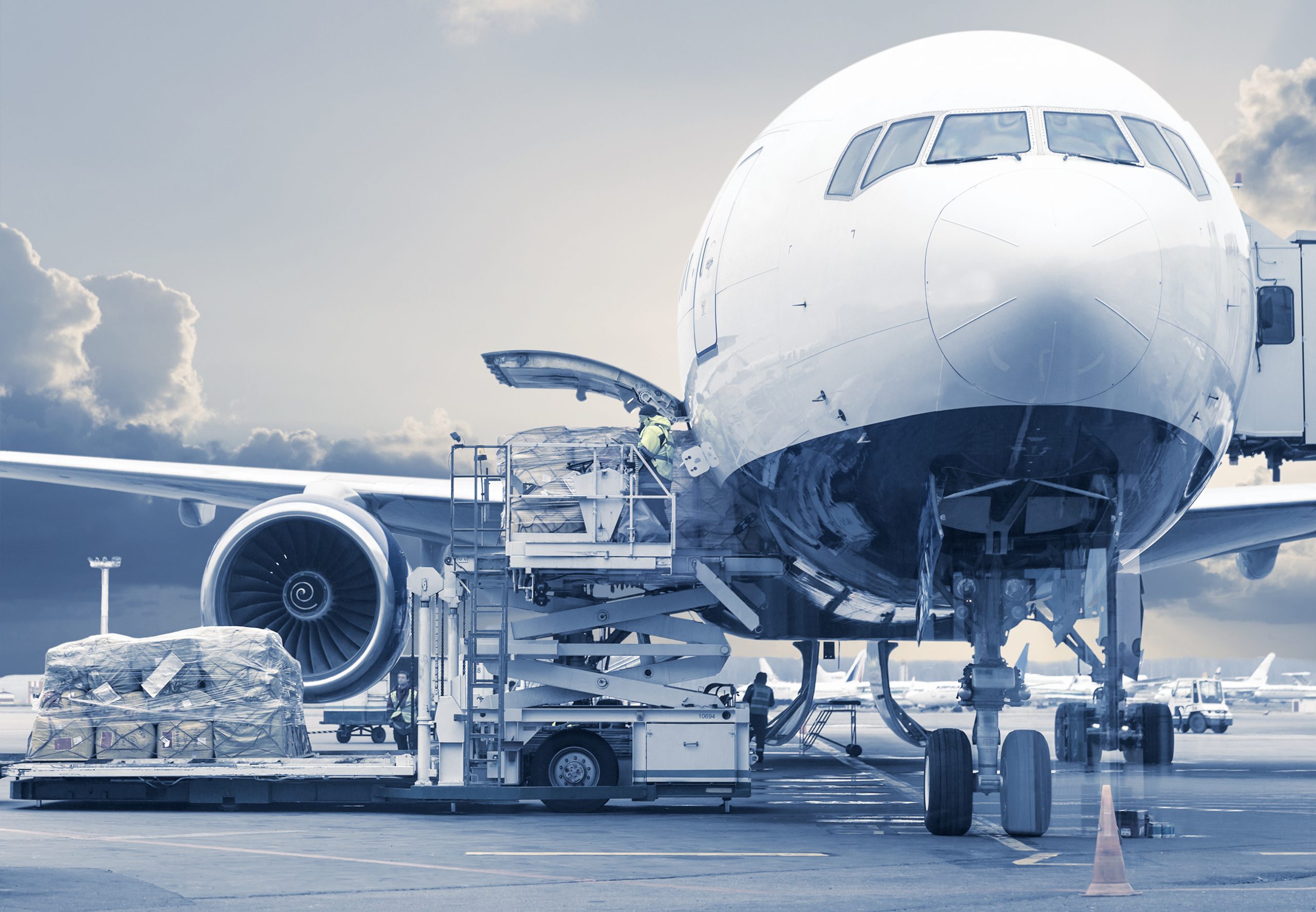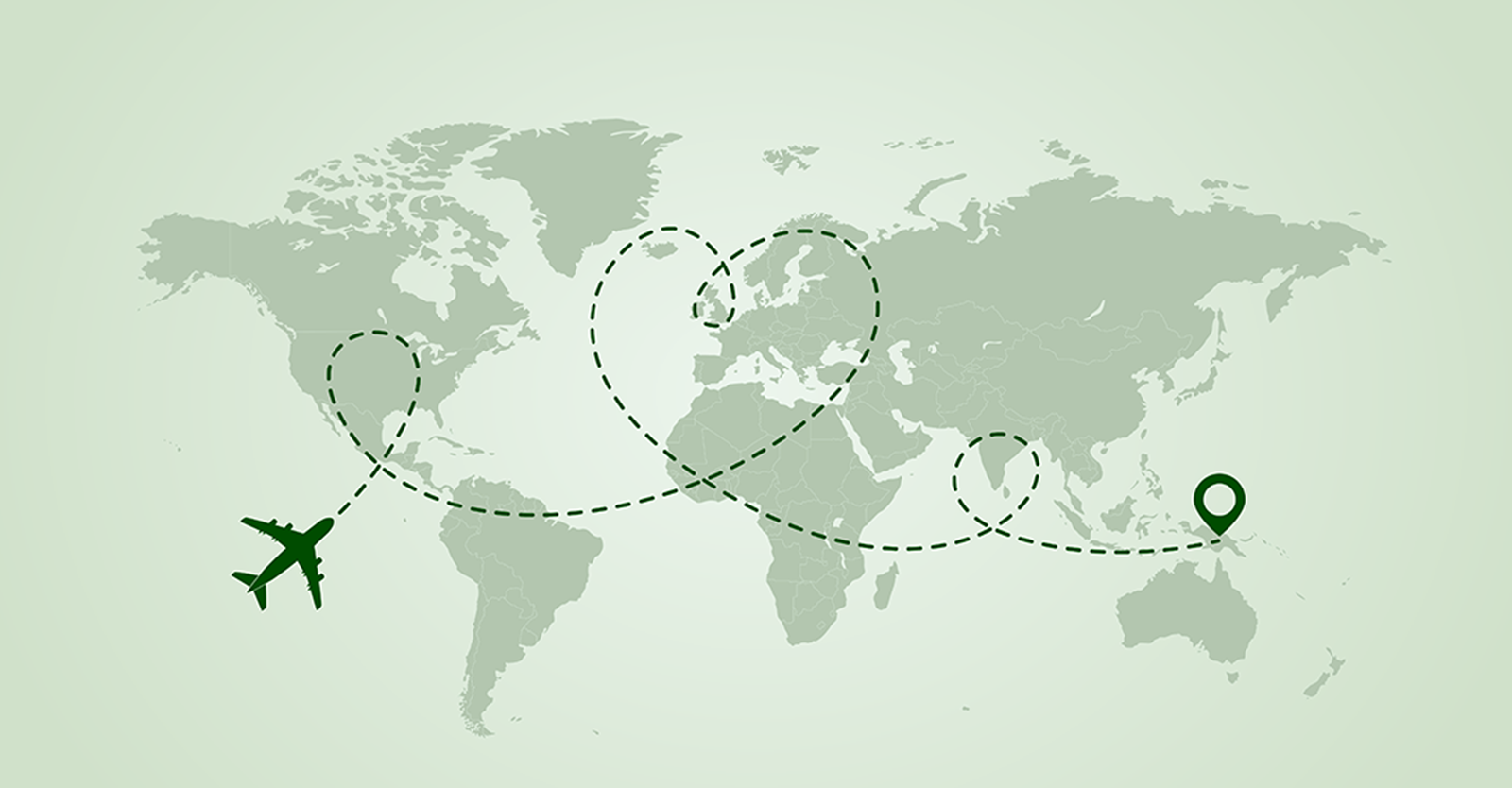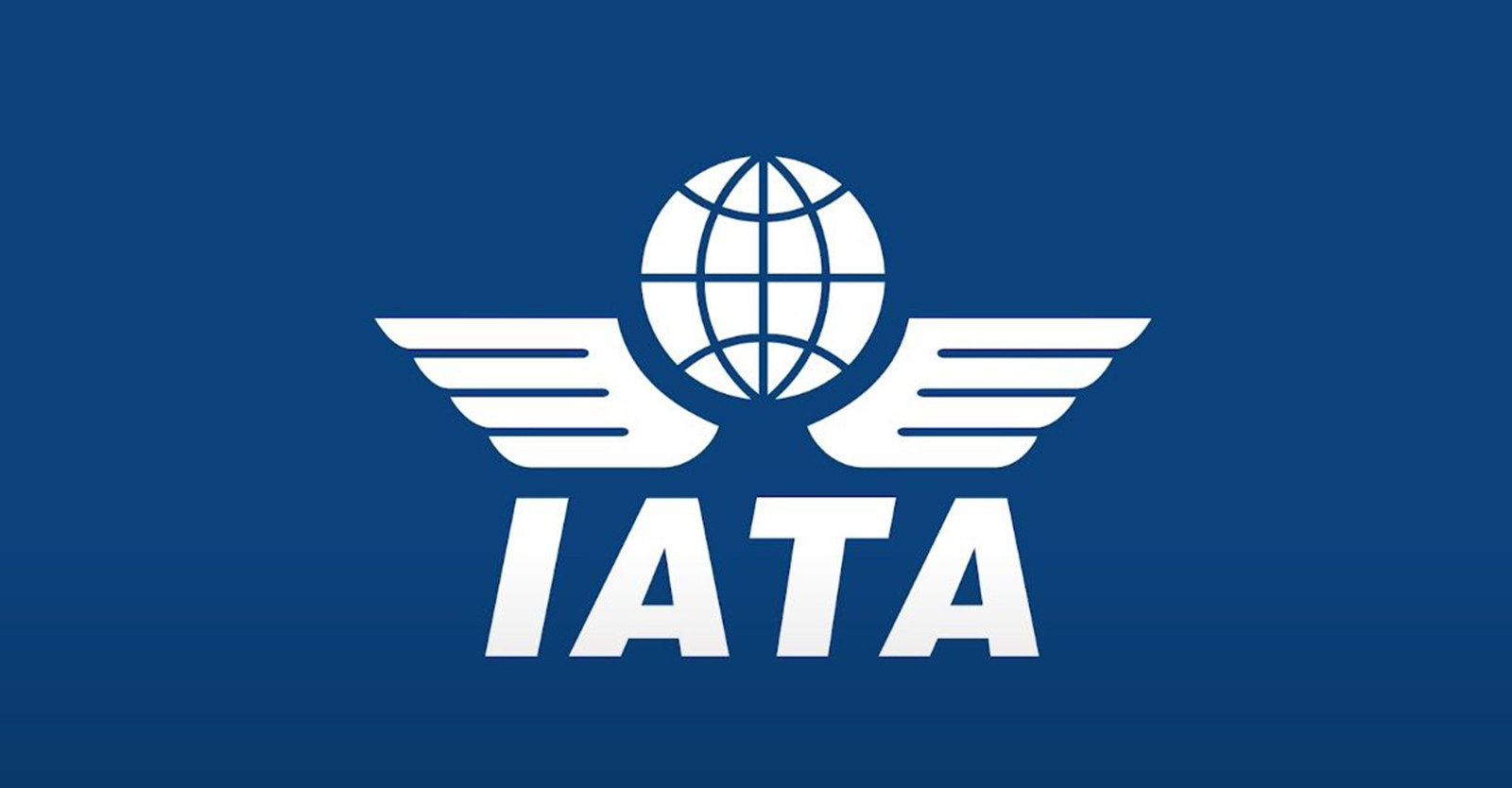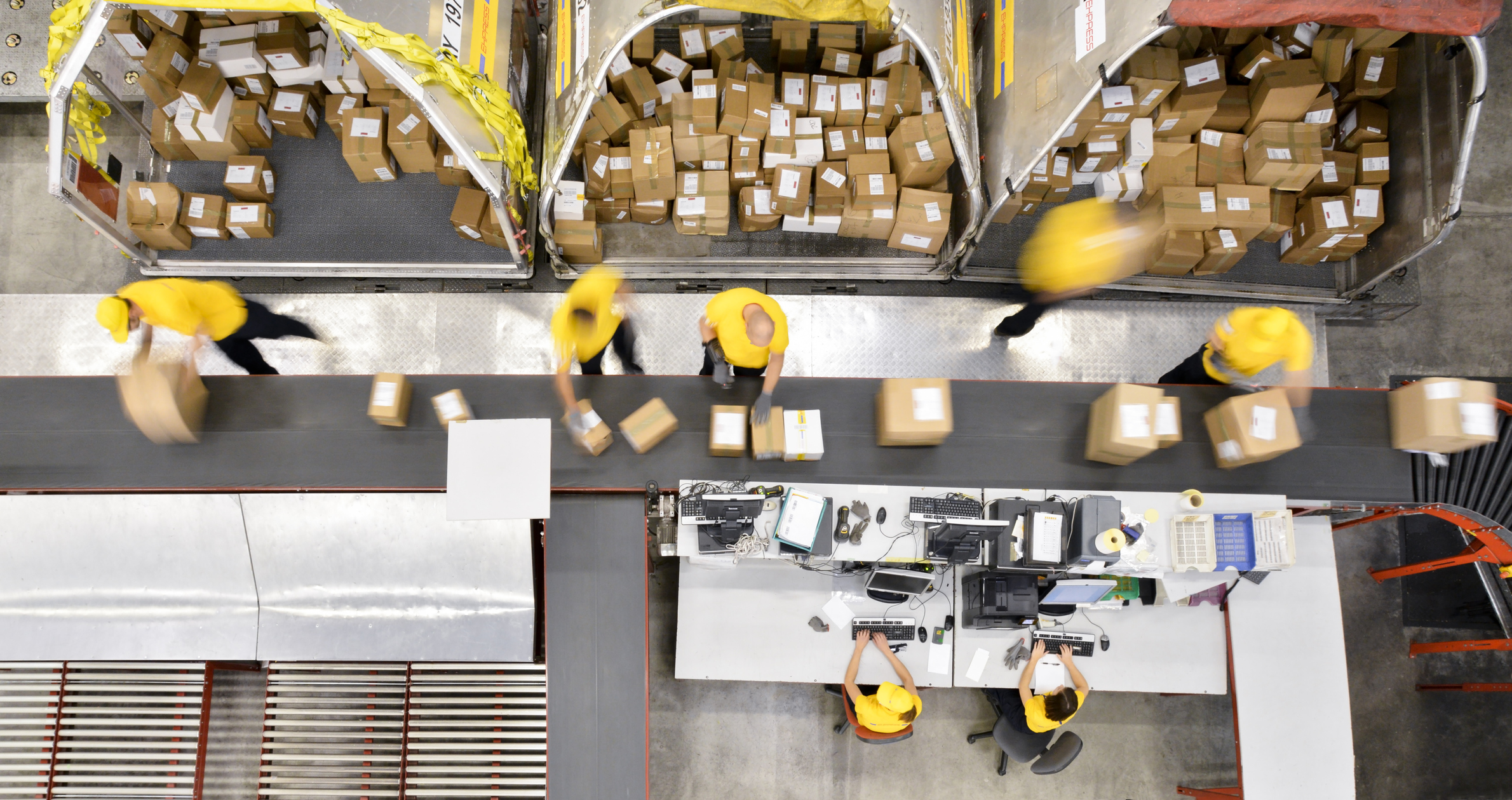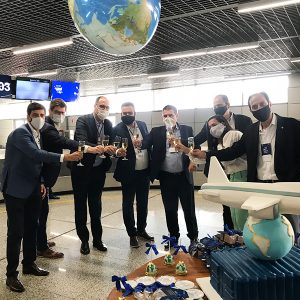Along with Bringer Parcel Services, cargo companies around the world are investing in booking portals. This investment allows digitalized cargo companies to develop their digital offering.
Features of Online Platform
With this online platform, users are able to check times for flights, space availability, and freight information. They can also book their shipment in real-time.
As well, updates on their shipments is sent to them through a mobile app. Besides receiving shipment updates, users can also ask questions and be notified when the shipment is ready. As well, they can arrange charter flights and track where their shipment is.
Saving Paper
By having these digitized processes, paper is taken out of the air cargo process. This will makes the shipment experience more convenient for users, and makes the operational process smoother. As well, less paper being utilized in the cargo industry helps make a positive impact on the environment.
Hence, cargo companies worldwide are utilizing these digital platforms. This can lead to reached sustainability goals and users having more dependable information available surrounding their shipments.
Ethiopian cargo continues digital drive with booking portal. Air Cargo News. (2022, January 12). Retrieved February 17, 2022, from https://www.aircargonews.net/technology/airfreight-digitisation/ethiopian-cargo-continues-digital-drive-with-booking-portal/
